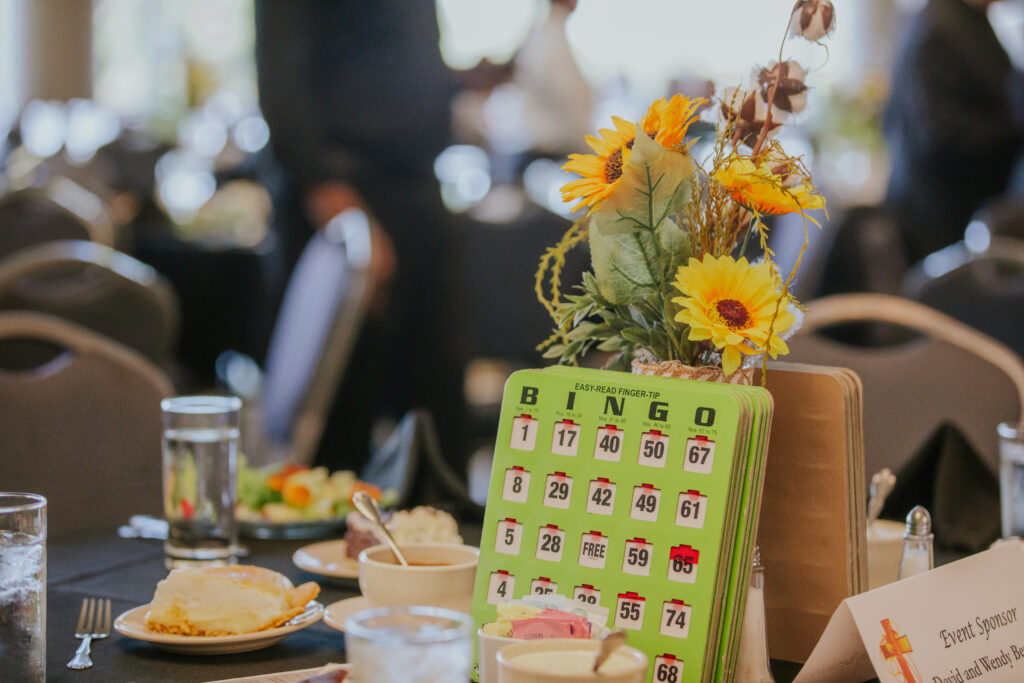Care for Creation Hears “The Cry of the Poor”
At first glance, Catholic Charities doesn’t seem like an environmental, creation-centered organization.
Our primary programs involve financial education, parenting and immigration. We don’t spend much time talking about clean air and water and climate change.
Pope Francis’ encyclical Laudatio Si, quickly shifted my perspective. “We have to realize that a true ecological approach always becomes a social approach; it must integrate questions of justice in debates on the environment, so as to hear both the cry of the earth and the cry of the poor.”
The fact is the poor are often the first affected by environmental changes. One of the largest drivers of migration today is climate. Across the globe, the United Nations reports 32.6 million people were displaced within their own country because of weather-related hazards such as floods, storms, and wildfires in 2022. Even in our own state, people have asked if they should stay on the Gulf coast and risk another hurricane season or move north.
On a much more local level, CCNLA has had more than one call from a client needing mortgage help because they are struggling with the rising cost of home insurance. We have responded to local tornadoes where damage has been devastating for families who are barely making it in good times. In our Money $chool class, required for those needing help with utility bills, we cannot recommend clients live without air conditioning even as rates climb. (We do encourage them to be mindful of their thermostat settings).
What do we do next? Pope Francis references two key components of Catholic Social Teaching: solidarity and preferential treatment for the poor. Solidarity reminds us we are our brothers’ and sisters’ keepers. It is that age-old exercise of walking a mile in another’s shoes. Or, as Paul writes, “If [one] part suffers, all the parts suffer with it; if one part is honored, all the parts share its joy.” (1 Cor. 12:26)
Preferential treatment for the poor sounds like more of a challenge. But it simply asks us to remember not everyone is as fortunate as we are. And are our actions helping their situation or furthering it? For as Jesus said, “Whatever you did for one of these least brothers of mine, you did for me.” (Matt. 25:40) As we pray on these ideas, we are called to conversion, and how we respond to the call to care for creation will become clear. In Pope Francis’s message for the World Day of Prayer for the Care of Creation, he takes a hopeful approach, trusting in the promises of God. “To hope and act with creation, then, means to live an incarnational faith, one that can enter into the suffering and hope-filled ‘flesh’ of others. … In this way our lives can become a song of love for God, for humanity, which and for creation, and find their fullness in holiness.”
Author: Diane Libro, Executive Director
